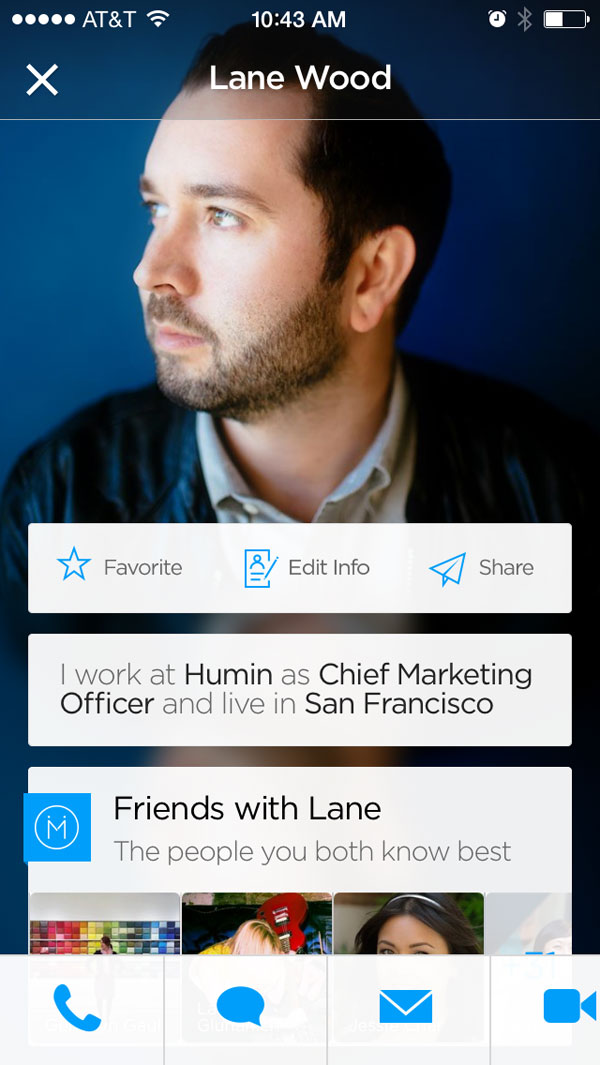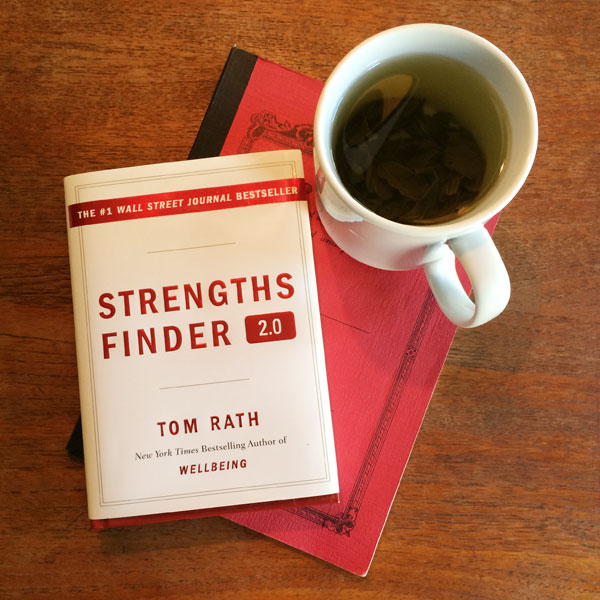
Image by Robert Lindstrom
“You sound unemployed.”
A friend said this to me once, in real life. I refrained from shoving him because he was right.
He’d been standing next to me when someone asked what I did for a living, and I couldn’t move my tongue out of the way to answer. I stammered about how I was in a career transition, entering a field that wasn’t well defined, understood, respected. I felt ridiculous calling myself a blogger, insecure saying I was a writer, grandiose claiming I was small business owner. And then I presumably downed half a gin gimlet and cleared my throat.
In short, I knew what I was doing with my career, but I couldn’t navigate a cocktail party. I didn’t know my personal pitch.
Developing a Personal Pitch
We use words to define and alter our realities, especially in how we characterize our work. When you’re in business for yourself, no one hands you a title, so the process needs to be more intentional.
My friend pointed out that I was doing cool things, but freezing up when someone asked, “What do you do?” It was certainly true then, and over the years I’ve had to rethink my response several times. Today, when people ask about my work there are lots of options. I write a blog. I host a conference. I run a community. So I’ve decided to say, “I own a media company,” and go from there.
The SAP Pitch
If you’re running into the same problem, I’ve developed some guidelines and a terrible pun that can help. When someone asks what you do, your pitch should be SAPpy:
1. Succinct
One phrase or sentence is plenty. If the person is interested in your work, you’ve provided an entry point for questions. If they aren’t, you have a socially acceptable answer ready, one that doesn’t reveal insecurities or force the other person to listen while you reason through your career. The alternative is watching someone’s eyes glaze over as you yammer on about how you’re “not sure whether you can call yourself an artist yet… though you have done paid work… but it’s not at a level where you could support yourself or anything…”
Check, please.
2. Aspirational
Yes, you can call yourself an artist, or a writer, or a business owner, even if you haven’t met your internal standards of what those phrases mean yet. If your intention is to be an artist, just say it. You can offer more detailed information as the conversation moves along.
“What do you do?”
“I’m an artist.”
“Oh! Have you shown in any galleries I might know?”
“Oh no! I’m just starting out, applying to schools and painting between my cash jobs.”
And side note, if you are actually unemployed right now, the answer is “I’m looking for work in accounting,” or “I’m a freelance developer,” or “I’m a DJ.”
3. Positive
Your pitch shouldn’t contain any words that diminish your work. Don’t say you run a “small” salon, or that you’re an “aspiring” singer. Don’t say you’re “just” a mom, or demur when someone tries to express enthusiasm about your work. What’s more, don’t highlight a job you took to pay the bills, and describe your real interest as a hobby. If you say, “I’m a bartender. Sometimes I take photos of all the crazy people at the bar,” then people will ask if you’re available to tend bar at their next party. If you say, “I’m a photographer, I like night-life subjects,” then someone may ask to see your work. Highlight the type of work you’d like to attract, not what you do to make rent.
Take those three guidelines into account and come up with a pitch that puts the best possible spin on your career. With any luck, you’ll need to revise every few months to incorporate all the good stuff that comes your way.
These concepts were part of my entrepreneurship keynote at Square‘s Open for Business. I’ll be fleshing out more points from my talk here this week.








